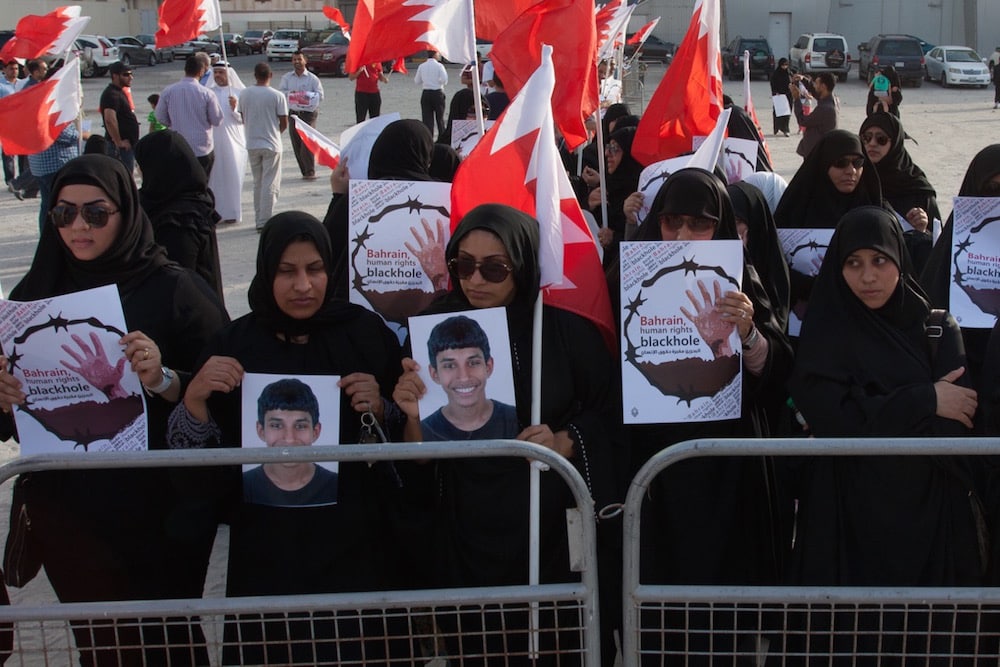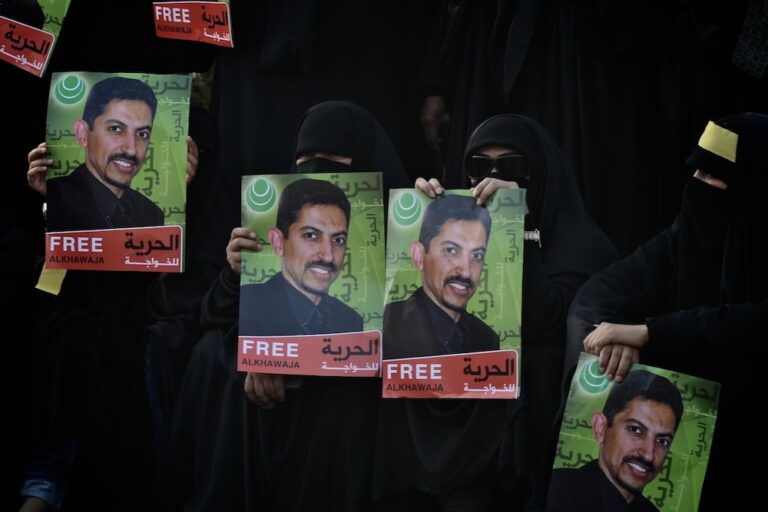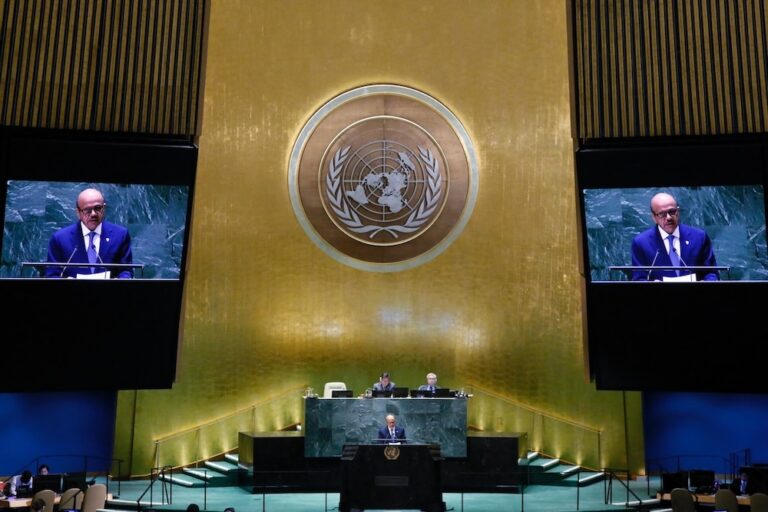In a revealing new report, rights organisations examine how systemic torture since Bahrain's 2011 popular protests has become an intrinsic part of the country's justice system, and the culture of impunity that persists.
This statement was originally published on gc4hr.org on 16 March 2021.
On 17 March 2021, the Gulf Centre for Human Rights (GCHR) in co-operation with its human rights partners Americans for Democracy & Human Rights in Bahrain (AHRDB), the Bahrain Center for Human Rights (BCHR), International Federation for Human Rights (FIDH), and World Organisation Against Torture (OMCT), will launch a report entitled, “Patterns of Torture in Bahrain: Perpetrators must Face Justice.” The launch will take place during an online side event at the United Nations Human Rights Council’s 46th session at 2pm Geneva time at this link on zoom.
Drawing on first-hand witness statements by survivors of torture, the report is a comprehensive study on the specific ways and means by which torture is perpetrated in Bahrain, with a particular focus on the period since the 2011 popular movement and the violent crackdown that followed. The report not only seeks to describe how torture in perpetrated in Bahrain, it goes one step further by examining the concrete steps that need to be taken at domestic and international level to end the culture of impunity that facilitates the use of torture and prevents accountability.
The report concludes that the domestic mechanisms such as the Ombudsman of the Ministry of the Interior and the Special Investigations Unit have failed to independently investigate allegations of torture and ensure redress and reparations for victims. In light of the lack of effective domestic mechanisms for ensuring accountability and redress, the report considers the potential of legal avenues such as universal jurisdiction in tackling the longstanding culture of impunity that allows perpetrators of torture in Bahrain to escape punishment.
GCHR’s research also reveals the extent to which the international community has been complicit in facilitating the use of torture to silence dissenting voices, including those of human rights defenders, political activists, online activists, journalists, lawyers and religious leaders. We examine the legality of the ongoing military and technical support provided to Bahrain by some members of the international community. We identify a number of urgently needed international legal reforms to hold known members of the international community accountable for facilitating the perpetration of torture in Bahrain.
The Gulf Centre for Human Rights (GCHR) is an independent, non-profit and non-governmental organisation that provides support and protection to human rights defenders in the Gulf region and neighbouring countries in order to promote human rights, including but not limited to freedom of expression, association and peaceful assembly. GCHR is based in Lebanon and documents the environment for human rights defenders in the Gulf region and neighbouring countries, specifically Bahrain, Kuwait, Iran, Iraq, Jordan, Oman, Qatar, Saudi Arabia, Syria, the United Arab Emirates and Yemen.
To read the full report in English click here.



